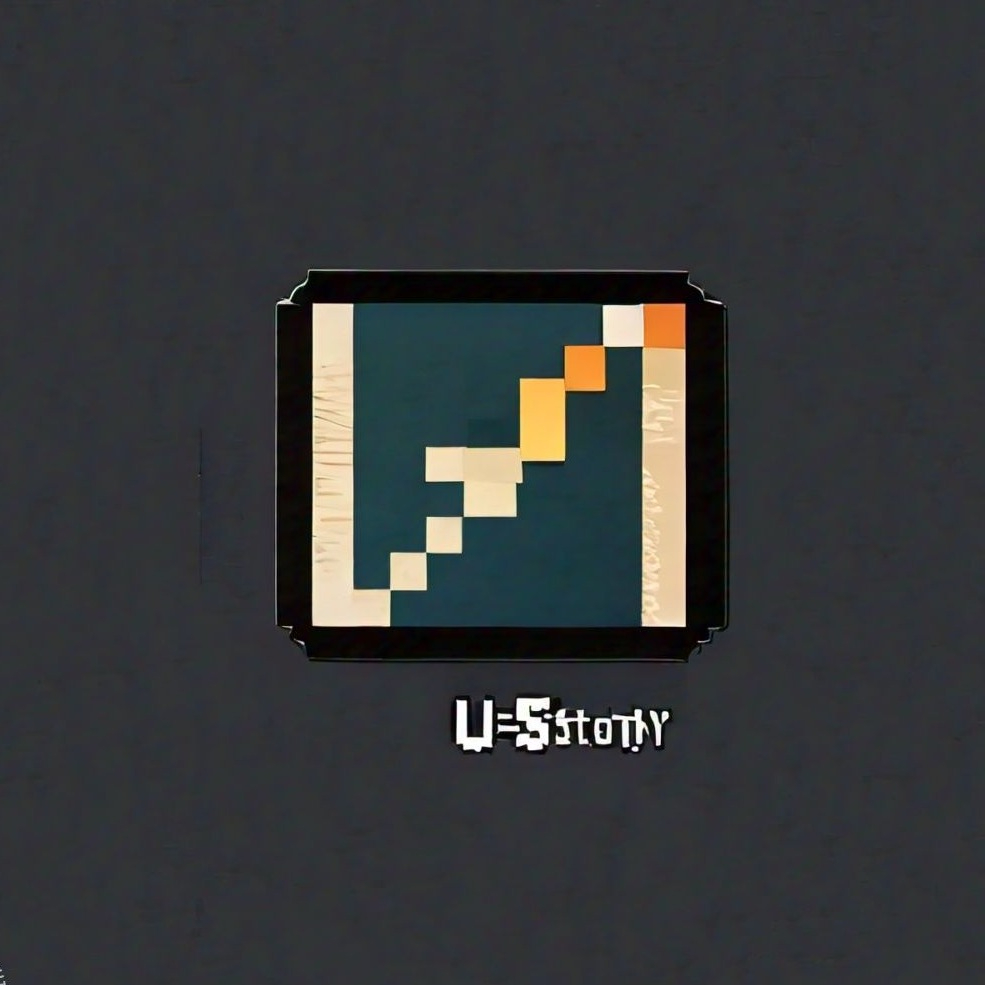106 reads
AutoStory: Generating Diverse Storytelling Images with Minimal Effort: Conclusion and References
by
July 17th, 2024
Audio Presented by

UserStory uncovers the user-centered innovations that will shape tomorrow's experiences.
Story's Credibility

About Author
UserStory uncovers the user-centered innovations that will shape tomorrow's experiences.
